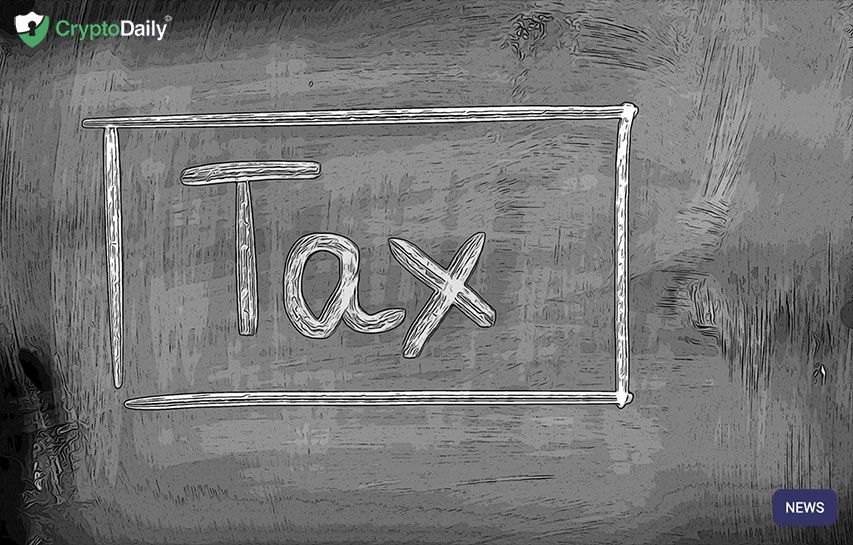Quick take
1 minute read
- Earlier this week, the government in South Korea issued an amendment that would help bring in tax profits from trading crypto assets.
- This amendment is more than likely going to be enacted next month in February according to a local news report.
Earlier this week on the 6th of January, the government in South Korea issued an amendment that would help bring in tax profits from trading crypto assets.
This amendment is more than likely going to be enacted next month in February according to a local news report. It would mean that levying taxes would begin on crypto assets in 2023.
What this proposal would mean is that a variety of new taxes on capital gains would be introduced in South Korea with a progressive taxation schedule for gains in stocks. When it comes to people who hold crypto assets, anyone that is making a yearly income of more than $2300 from their profits in crypto would be taxed around 20%.
However, when it comes to crypto assets that were owned before the start of the tax schedule, the authorities will consider the highest of either the market price immediately before 2023 or the price at acquisition.
Over the course of the last year, this tax regime schedule has been delayed on numerous occasions. The government had initially pushed back the integration of this schedule until 2022 but now, they have appeared to set an official date. Despite this, they have said that they are accommodating to a further delay if necessary.
Interestingly, this comes after interest on the crypto market has sunk over the past few years in South Korea. Following the bearish momentum from 2018, many people moved away from the industry. Of course, there are still enthusiasts throughout South Korea so it will be interesting to see how the situation plays out.
Disclaimer: This article is provided for informational purposes only. It is not offered or intended to be used as legal, tax, investment, financial, or other advice.
Investment Disclaimer











